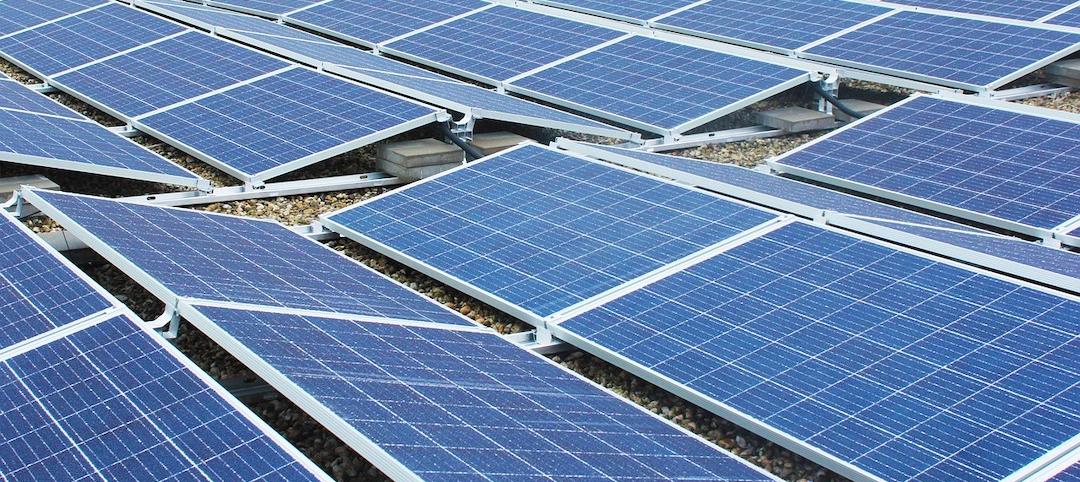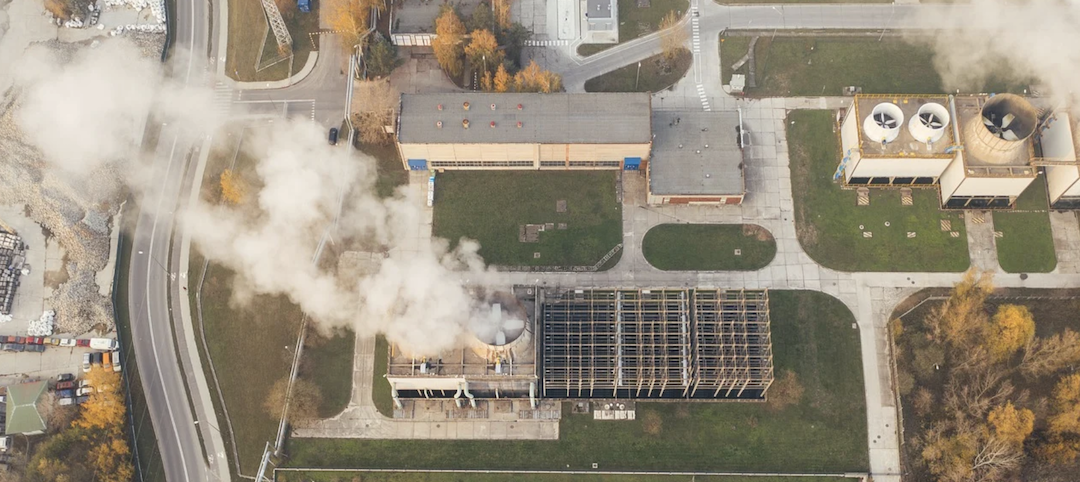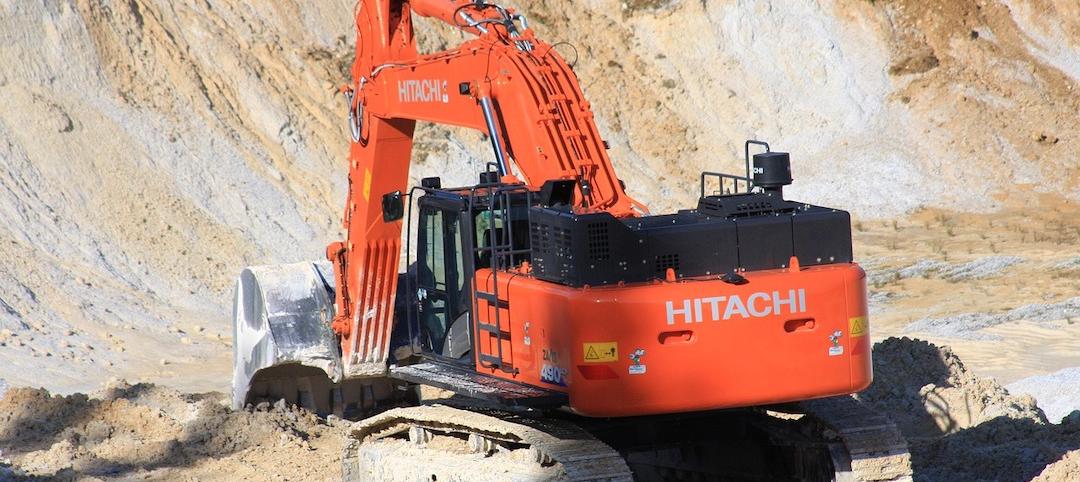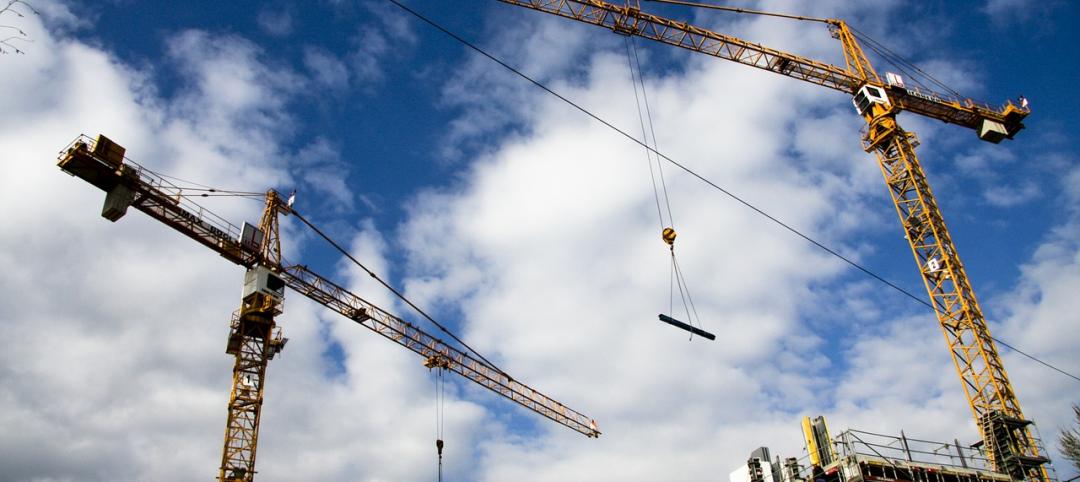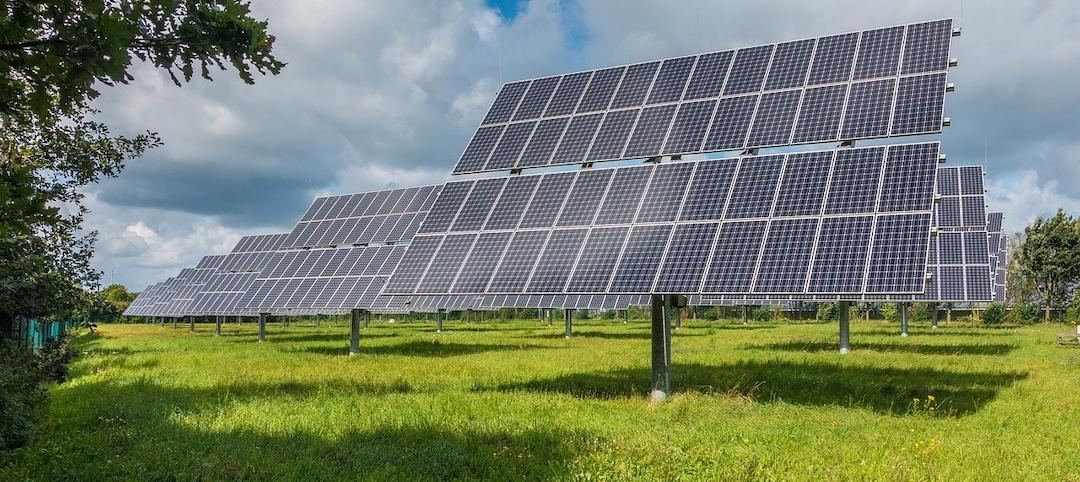Global design firm HOK has released research providing lab owners and developers guidance for reducing operational and embodied carbon to meet net zero goals.
HOK’s initial analysis indicates that it is possible to build and operate labs in accordance with the sustainable design goals of the RIBA and AIA 2030 challenges, according to the report’s executive summary. “The approaches studied in this analysis can significantly reduce the whole-life carbon (operational carbon + embodied carbon × building lifespan) of a lab building,” the document says.
Modelling revealed little difference between vertical and linear lab building forms in achieving net zero. But linear labs’ expansive roofs provide an advantage by allowing for more solar panel arrays.
The analysis examined new lab buildings, but the most sustainable option is to reuse and adapt existing buildings, HOK says. Lab buildings are significantly more energy intensive to operate than commercial office buildings and their embodied carbon also is much higher than typical commercial space. Labs demand far greater ventilation than most building types and are home to highly energy-intensive equipment that is often in operation 24 hours a day. Labs also require robust structural systems to limit building vibration and support heavy building loads.
HOK’s analysis looked at numerous strategies to reduce carbon footprint in lab structures. The report provides technical details on these approaches.
Related Stories
Codes and Standards | Dec 16, 2021
Laws and regulations complicate growth of community solar gardens
New projects stymied by utility resistance and legislative restrictions.
Codes and Standards | Dec 16, 2021
Property owners need systematic approach to GHG emissions reduction
Energy hog buildings at risk for becoming stranded assets.
Codes and Standards | Dec 15, 2021
Design problems now the primary cause of construction claims and disputes
More likely to occur due to more tight timescales imposed upon third parties engaged in design.
Codes and Standards | Dec 13, 2021
ABC releases guide to technology for improving safety performance
Provides details on how to identify, choose, and implement technology.
Codes and Standards | Dec 8, 2021
Construction industry is the top target for cyberattacks
Smart building tech is a new avenue for criminals.
Codes and Standards | Dec 8, 2021
Proposals to add more multifamily to Atlanta prompt drive for Buckhead to secede
City aims to increase housing as projections point to sharp population increase.
Codes and Standards | Dec 7, 2021
Design problems now the primary cause of construction claims and disputes
More likely to occur due to more tight timescales imposed upon third parties engaged in design.
Codes and Standards | Dec 5, 2021
New standard for Phase I environmental reports requires more research work on many sites
Update affects around 250,000 commercial real estate transactions a year.
Codes and Standards | Nov 30, 2021
Dept. of Energy publishes RFP for technical assistance on supporting better building codes
Addresses advanced standards to reduce energy consumption and GHG emissions.
Codes and Standards | Nov 29, 2021
Ithaca, N.Y., votes to electrify, decarbonize all its buildings
First initiative of its kind in U.S.



